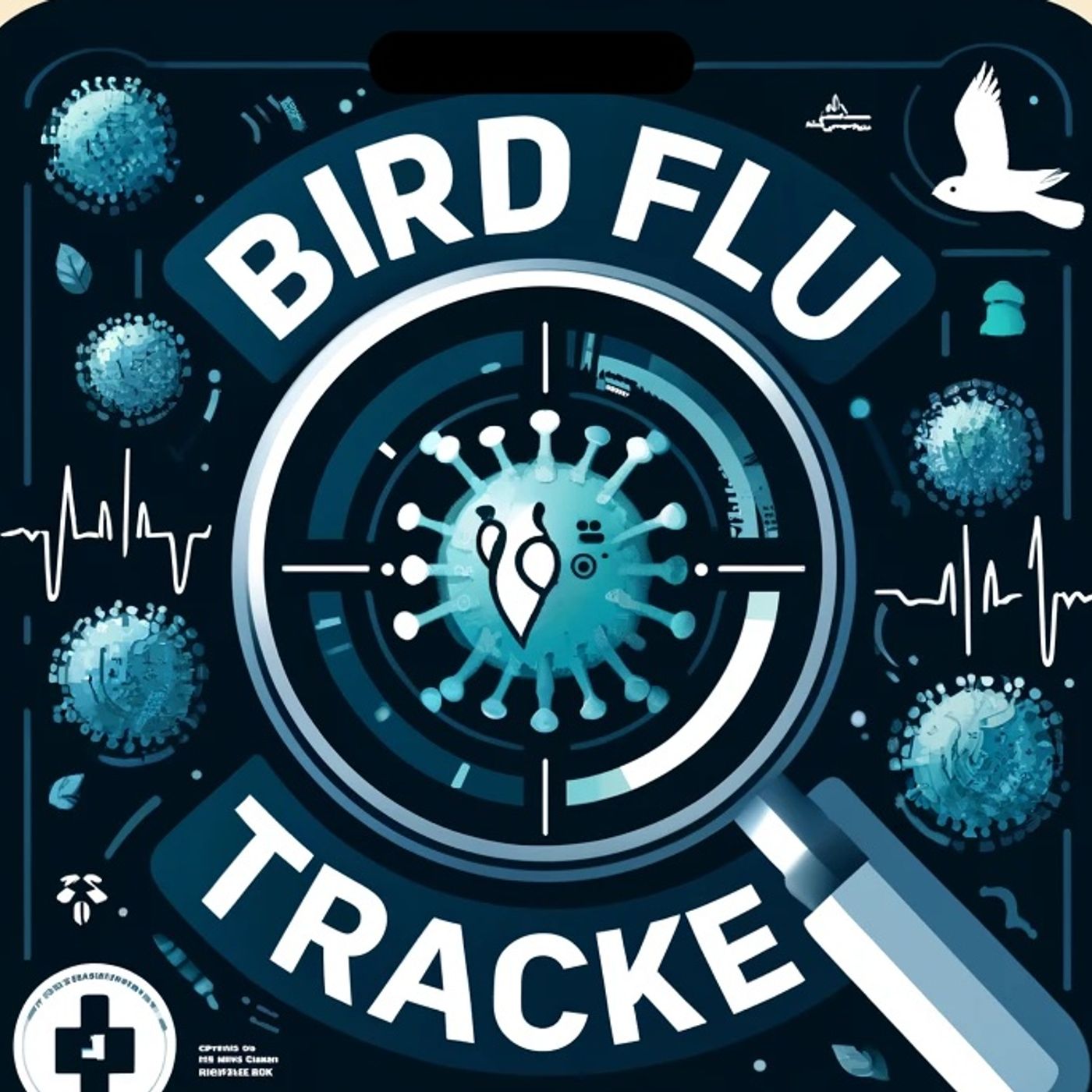Episode Details
Back to Episodes
Alarming Bird Flu Outbreaks Spread Across US and Europe, Prompting Heightened Concerns
Published 3 months, 2 weeks ago
Description
In the last 24 hours, bird flu continues to be a top health concern in the United States and globally, as officials contend with new detections in both wild and domestic flocks. The USDA has confirmed new outbreaks in poultry farms in Minnesota and Iowa just this morning, prompting local authorities to cull thousands of chickens and bolster biosecurity measures. The recent spike is being closely watched as colder temperatures approach, which typically increase migratory bird activity and heighten the risk of spread.
Health authorities are particularly concerned about the H5N1 strain, which has now appeared in over 40 states this year. The Centers for Disease Control and Prevention reports that while human cases remain rare, the virus’s persistence among livestock increases the risk for possible transmission to humans, especially those who work directly with poultry. Just yesterday, the CDC reiterated guidance for the public to avoid contact with sick or dead birds and to ensure thorough cooking of poultry and eggs.
On the vaccination front, the USDA noted ongoing trials for a new bird flu vaccine showing promising preliminary results, potentially providing a critical tool for future outbreaks. Meanwhile, the U.S. Department of Agriculture is coordinating with state agencies and farmers to ramp up surveillance and containment protocols.
Internationally, France and the UK have confirmed bird flu detections on commercial farms this week, sparking renewed concerns across agriculture sectors in Europe. The World Organisation for Animal Health cautioned today that global poultry prices could fluctuate as countries respond with import bans to control further transmission.
The economic impacts remain significant, with egg and poultry prices trending upward in many U.S. markets due to supply disruptions. The National Chicken Council urged consumers that current supplies remain safe, but warns the industry may face further challenges if outbreaks continue to escalate during the upcoming holiday season.
Looking ahead, scientists are monitoring whether the virus adapts for easier human-to-human transmission, though, at this time, U.S. health officials stress that the risk to the general public remains low.
Thanks for tuning in to this week’s bird flu update. Be sure to join us next week for more coverage on this and other stories. This has been a Quiet Please production, and for more, check out QuietPlease.AI.
For more http://www.quietplease.ai
Get the best deals https://amzn.to/3ODvOta
This content was created in partnership and with the help of Artificial Intelligence AI
Health authorities are particularly concerned about the H5N1 strain, which has now appeared in over 40 states this year. The Centers for Disease Control and Prevention reports that while human cases remain rare, the virus’s persistence among livestock increases the risk for possible transmission to humans, especially those who work directly with poultry. Just yesterday, the CDC reiterated guidance for the public to avoid contact with sick or dead birds and to ensure thorough cooking of poultry and eggs.
On the vaccination front, the USDA noted ongoing trials for a new bird flu vaccine showing promising preliminary results, potentially providing a critical tool for future outbreaks. Meanwhile, the U.S. Department of Agriculture is coordinating with state agencies and farmers to ramp up surveillance and containment protocols.
Internationally, France and the UK have confirmed bird flu detections on commercial farms this week, sparking renewed concerns across agriculture sectors in Europe. The World Organisation for Animal Health cautioned today that global poultry prices could fluctuate as countries respond with import bans to control further transmission.
The economic impacts remain significant, with egg and poultry prices trending upward in many U.S. markets due to supply disruptions. The National Chicken Council urged consumers that current supplies remain safe, but warns the industry may face further challenges if outbreaks continue to escalate during the upcoming holiday season.
Looking ahead, scientists are monitoring whether the virus adapts for easier human-to-human transmission, though, at this time, U.S. health officials stress that the risk to the general public remains low.
Thanks for tuning in to this week’s bird flu update. Be sure to join us next week for more coverage on this and other stories. This has been a Quiet Please production, and for more, check out QuietPlease.AI.
For more http://www.quietplease.ai
Get the best deals https://amzn.to/3ODvOta
This content was created in partnership and with the help of Artificial Intelligence AI